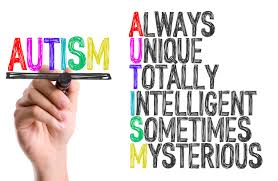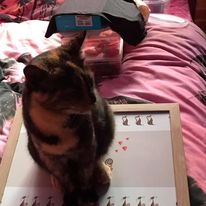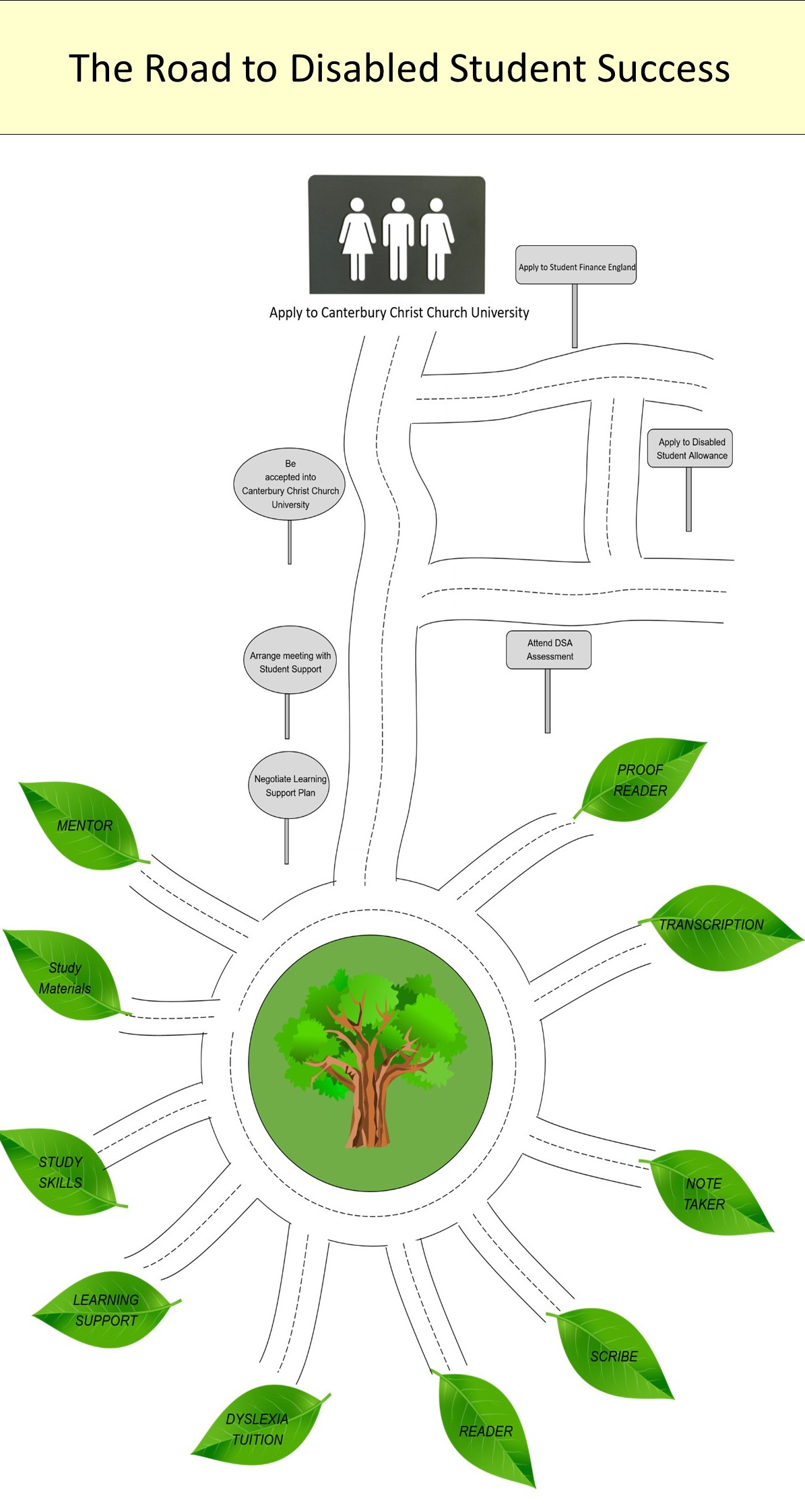Why cats you may be asking? Why not, I reply?
We are living in extremely weird times, no social interaction, wearing face coverings, no schools, working from home and the wonderful technology of Zoom.
We here at CoomberSewell Enterprises LLP https://www.coombersewell.co.uk/ own two delightful, but very different, further babies.
Now Kevin is of a mature age, a little rickety on the back legs, and sleeps more than his younger counterpart. Kevin is a tabby cat, who has lived life to the full and has the raggedy ear ends to prove it. He is not so keen on catching mice as he once was but will happily eat up the remains that his female companion hunts for him.
a little rickety on the back legs, and sleeps more than his younger counterpart. Kevin is a tabby cat, who has lived life to the full and has the raggedy ear ends to prove it. He is not so keen on catching mice as he once was but will happily eat up the remains that his female companion hunts for him.  Kevin likes nothing more to come and sit on our laps and snuggle up under our chins whilst we scratch his neck and ears. He will purr contentedly all the time it suits him; he will move from my lap to her lap and then back to my lap until he gets bored when he will walk around the furniture until he can sit contentedly on the windowsill watching the world go by.
Kevin likes nothing more to come and sit on our laps and snuggle up under our chins whilst we scratch his neck and ears. He will purr contentedly all the time it suits him; he will move from my lap to her lap and then back to my lap until he gets bored when he will walk around the furniture until he can sit contentedly on the windowsill watching the world go by.
And then there is Woof…  A female tabby cat who is a little confused by her name and lives the persona of both cat and dog. Woof has her own personal slave who tends to her every whim and need. Her slave is autistic, a recluse and a selective mute. For him Woof is his constant companion. She lives in his bedroom with him, and though he cannot tolerate human physical contact she is allowed to snuggle into him for warmth and tummy cuddles. She persuades him several times a day to feed her Dreamies, to play games which do include the occasional scratch and bite when he least expects it.
A female tabby cat who is a little confused by her name and lives the persona of both cat and dog. Woof has her own personal slave who tends to her every whim and need. Her slave is autistic, a recluse and a selective mute. For him Woof is his constant companion. She lives in his bedroom with him, and though he cannot tolerate human physical contact she is allowed to snuggle into him for warmth and tummy cuddles. She persuades him several times a day to feed her Dreamies, to play games which do include the occasional scratch and bite when he least expects it. 
These two cats are a delight to the whole household and in these times of lockdown have become a source of distraction and fun.
Perhaps I should also mention our eight chickens  who live in a very large luxurious sun house with a huge fenced in enclosure to run around and play in. Now, I would not want you to think that these chickens are in any way, spoilt after all they only provide us with eggs everyday
who live in a very large luxurious sun house with a huge fenced in enclosure to run around and play in. Now, I would not want you to think that these chickens are in any way, spoilt after all they only provide us with eggs everyday  which we sell on to very appreciative friends and neighbours. Inside their wonderful sun house they have a large shelf that they snuggle together on, to sleep every night. They have eight nesting boxes, though I am unsure why they only lay their eggs in one? They have food and water, a ladder to walk up to their bed, sawdust on the floor and a large bale of hay to keep them warm. Out in their run they have two logs to jump on and off of and to find insects to nibble on. They have home-made climbing frames and on the 1st of January they acquired their own Christmas tree. In their run they also have a large bale of straw which has been de-roped, and they have scattered to their hearts’ content. They also have an automatic feeder which these very clever chickens have quickly learned that if they jump onto the treadle the lid pops opens and they can feed to their tummy’s content. Every morning my other half takes them out scraps of food left over from us humans, laced with plain biscuits and warm water. She changes their roosting paper, cleans up their mess, checks their water and their feeder to keep our delightful, productive chickens happy in their daily task. Every evening she visits them again, cleans up after them again, and entices them back in to their warm sun house with delightful treats.
which we sell on to very appreciative friends and neighbours. Inside their wonderful sun house they have a large shelf that they snuggle together on, to sleep every night. They have eight nesting boxes, though I am unsure why they only lay their eggs in one? They have food and water, a ladder to walk up to their bed, sawdust on the floor and a large bale of hay to keep them warm. Out in their run they have two logs to jump on and off of and to find insects to nibble on. They have home-made climbing frames and on the 1st of January they acquired their own Christmas tree. In their run they also have a large bale of straw which has been de-roped, and they have scattered to their hearts’ content. They also have an automatic feeder which these very clever chickens have quickly learned that if they jump onto the treadle the lid pops opens and they can feed to their tummy’s content. Every morning my other half takes them out scraps of food left over from us humans, laced with plain biscuits and warm water. She changes their roosting paper, cleans up their mess, checks their water and their feeder to keep our delightful, productive chickens happy in their daily task. Every evening she visits them again, cleans up after them again, and entices them back in to their warm sun house with delightful treats.
And of course there are the fish, some who live outside in the pond with lots of lily pads and pondweed. The other fish live a warm life in their tropical tank filled with beautiful plants, a sunken pirate ship, beautiful stones and slate.  Today they welcomed 10 new companions, making them welcome in their tropical home.
Today they welcomed 10 new companions, making them welcome in their tropical home.
I hope you have some furry friends or other nonhuman companions to help you through these difficult times. Cuddles, fussing and talking to our beloveds helps with the feeling of isolation, loneliness and the long days.
But should you need a chat with a fellow human please don’t forget we are always here, willing and able to listen and help where we can. info@coombersewell.co.uk






 When we first went into lockdown, I thought how wonderful that would be;
When we first went into lockdown, I thought how wonderful that would be; no social interaction, no face-to-face business interactions, just sitting quietly in my house all day with my furry cats, Kevin and Woof.
no social interaction, no face-to-face business interactions, just sitting quietly in my house all day with my furry cats, Kevin and Woof.



